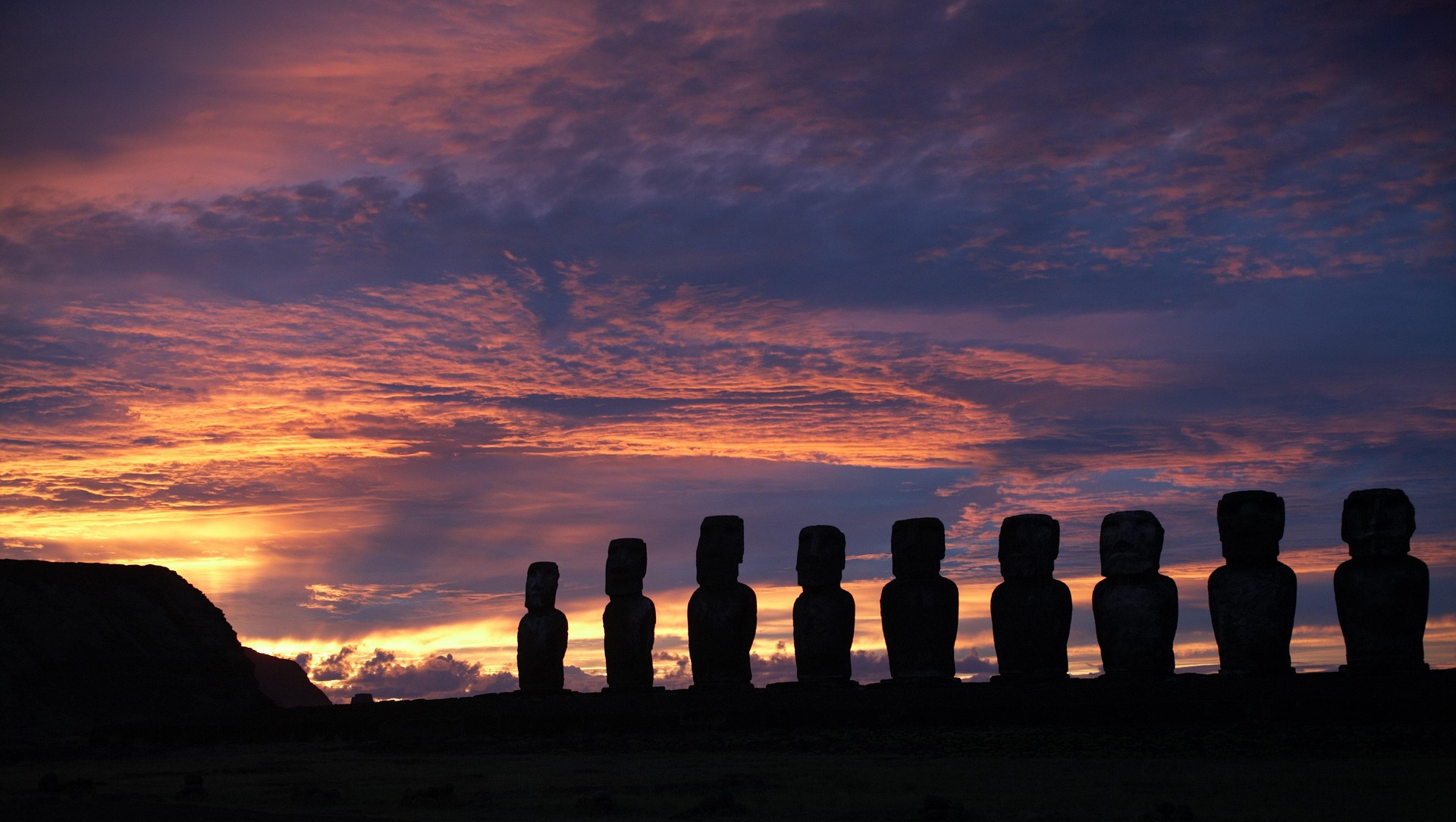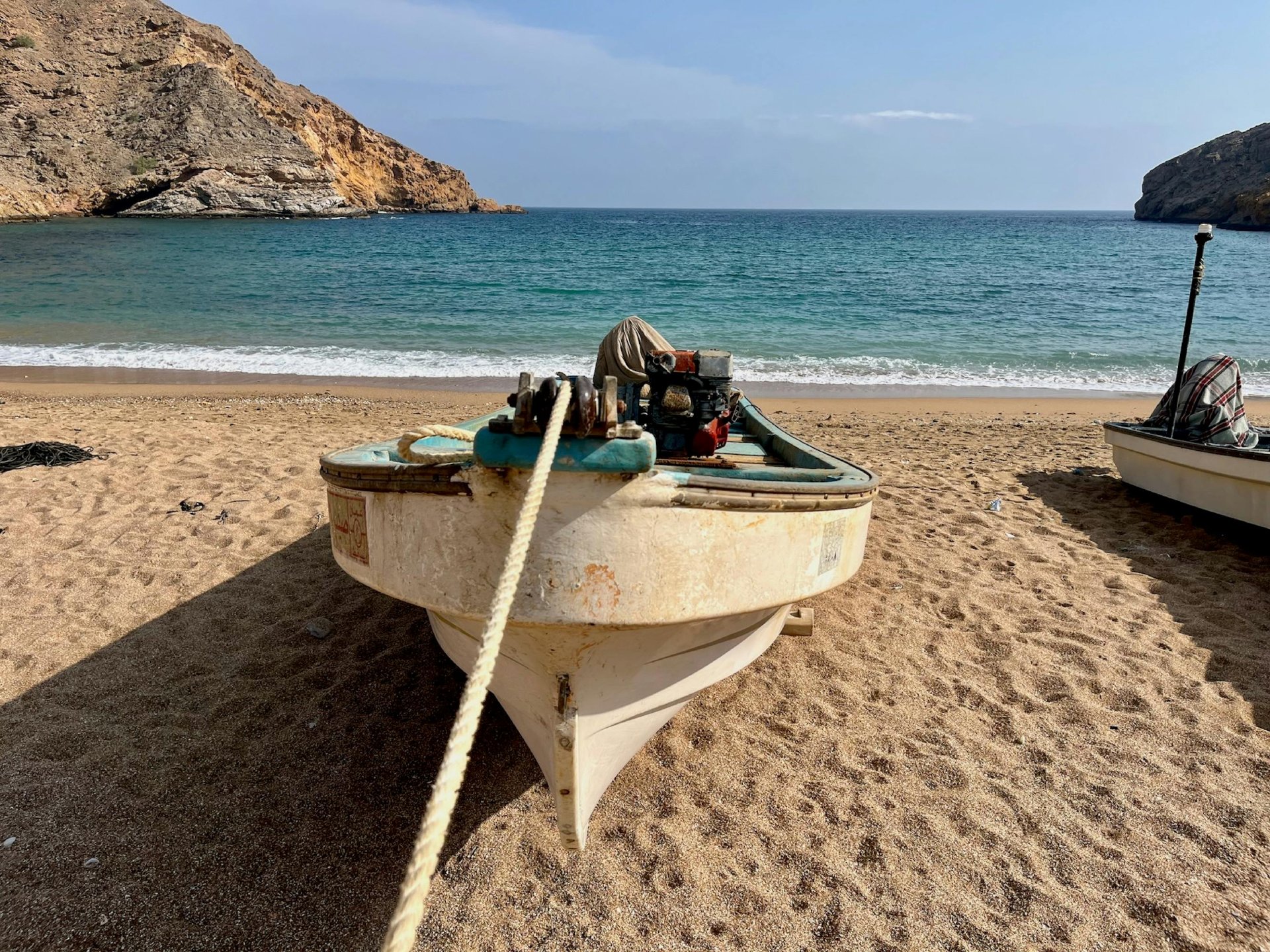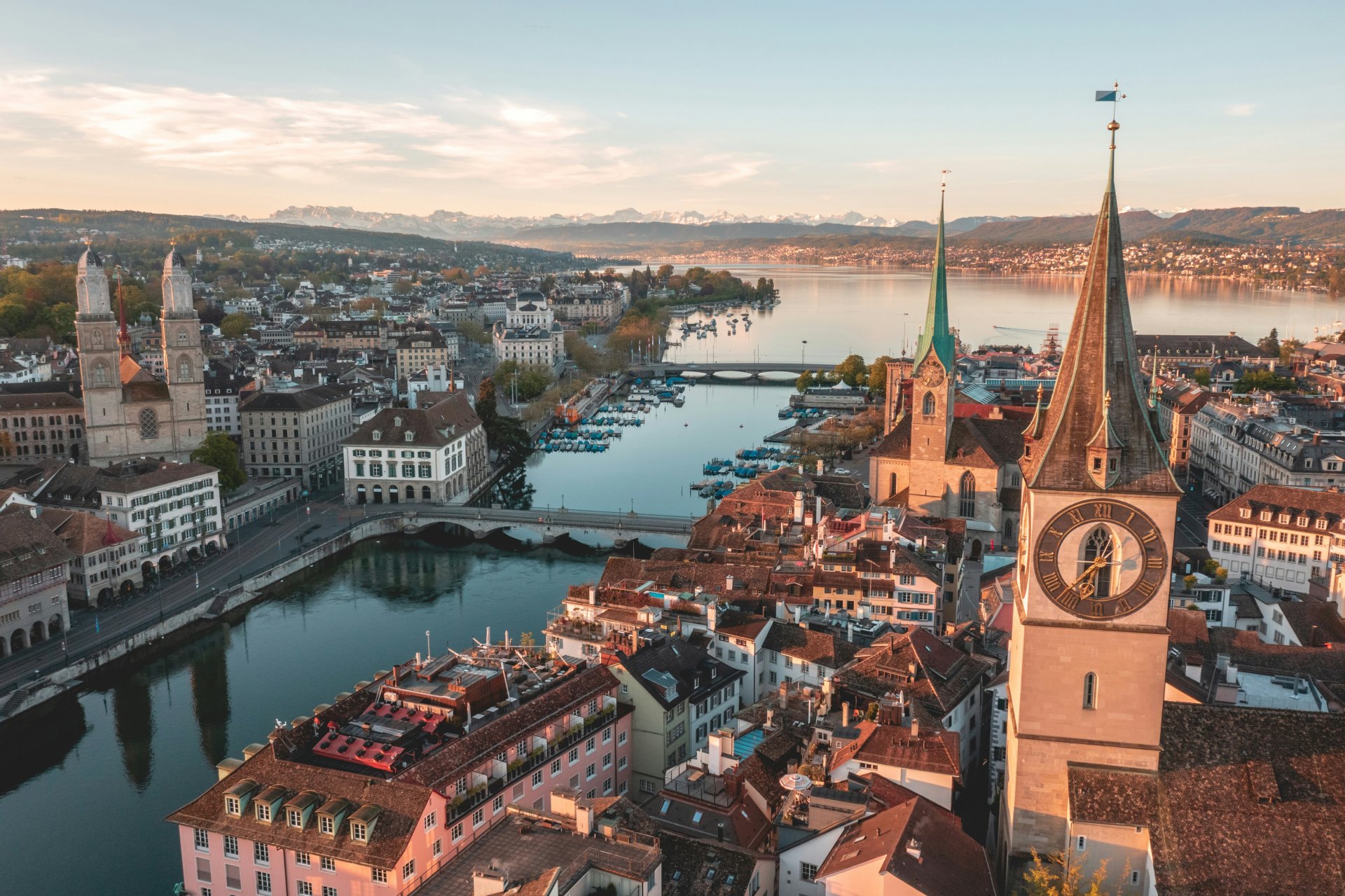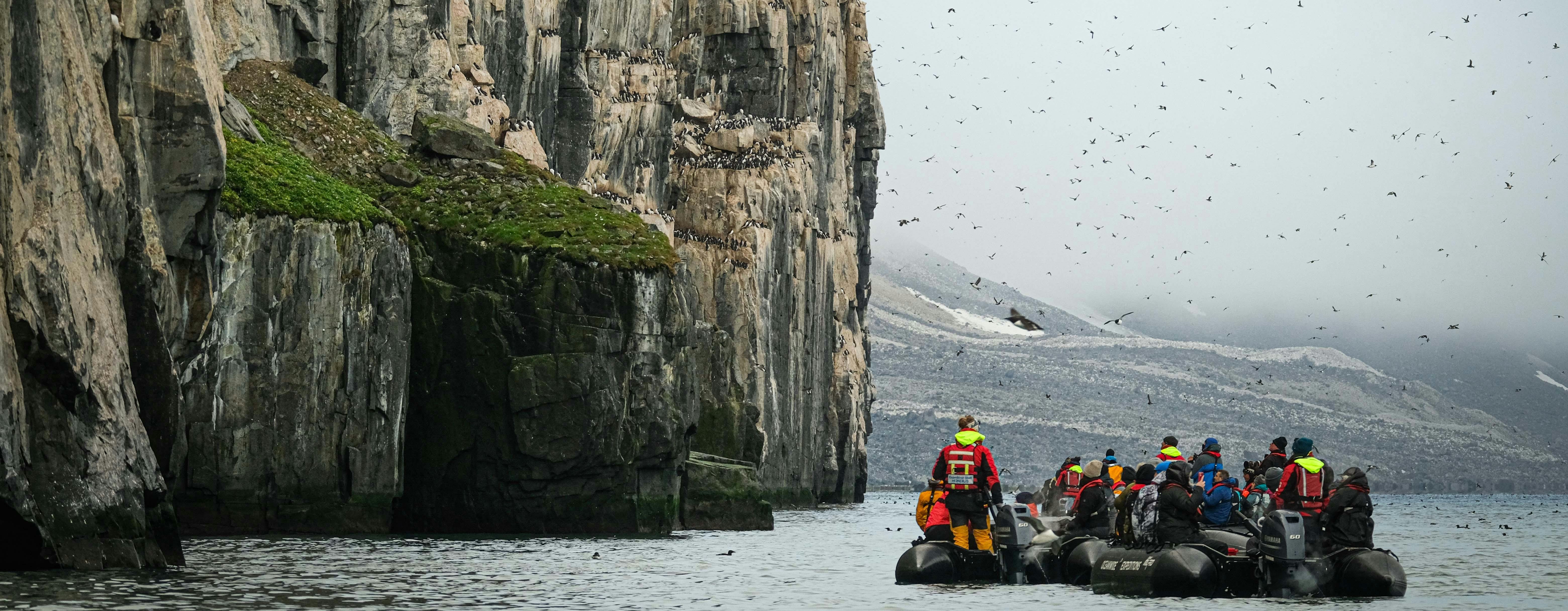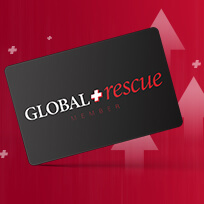While the recent Global Rescue survey showed more people have already returned to business travel than initially predicted, the work-related traveler segment is still a ways from fully rebounding — especially with the Delta variant slowing travel volumes during the latter half of this summer.
“Companies and their employees can’t yet justify a full return to business travel,” said Matt Aubin, associate director of sales at Global Rescue. “Especially as we have managed to get by with video conferencing for the last year and a half.”
Still, business travel is bound to return — even if that means slowly. And as it does, experts are saying bleisure travel — a portmanteau of business and leisure that refers to a growing trend of business travelers tacking leisure days onto a work-related trip — will likely play an important role in getting more and more employees back on the road and in the air again. Here’s why.
The Importance of Business Travel

Virtual meetings simply can’t replace face-to-face meetings. Personal interaction will always be more effective at establishing and maintaining relationships, fostering trust and driving company growth.
“You can’t get to know a prospect, current client or business partner as professionally and personally when you’re not in person,” said Aubin. “In a video chat, there is more opportunity for distraction and multitasking, the meetings themselves can feel rushed, the technology can glitch. While it’s fine for the interim, that’s not how you maintain a strong business relationship that lasts.”
You also can’t pick up on a person’s body language as effectively — and that will always be essential to establishing presence and nailing a sales pitch.
“While the days of traveling long distances for one meeting with one person could be gone forever, people will travel for business at scale into perpetuity,” said Dan Richards, CEO of Global Rescue.
Another reason why business travel is so vital is its impact on our economy: A study from Oxford Economics found $12.50 of additional revenue is generated in the economy for every $1 spent on business travel. It also plays an important role in keeping the cost associated with leisure travel down, something many vacationers are feeling the burn from now.
The Bleisure Travel Bandwagon
Bleisure travel is hardly a new buzzword, first coined a dozen years ago. But what is new are the traveler profiles behind it.
Prior to the pandemic, the travel trend was particularly popular with a younger generation as well as those in the tech industry, but according to a recent Financial Times article, it is increasingly becoming mainstream and spreading to “creatives and consultants, and now more corporate types with families.”
“Because we lost our freedom to vacation during the pandemic, people aren’t reverting to the usual excuses for not taking a trip,” said Allison Fleece, co-founder of WHOA Travel and a Global Rescue Safe Travel Partner. “They are making those trips happen.”
The advent of a more flexible work environment has allowed them to do so, creating the perfect conditions for a bleisure travel boom. A whopping 89% of people plan to add personal vacation time to their business trips in the next year.
Steve Hafner, CEO of the travel search company Kayak, agrees, stating he expects business travel to return to normal, pre-COVID-19 levels, just with fewer day trips and more bleisure. “Now you know you can work from anywhere. Why make it a day trip?” he said. “Go more days.”
The Benefit of Bleisure

From the company side of things, bleisure is a way to incentivize employees to travel for work if they are permitted to use it as a way to work in some personal time. “Employees are more willing to travel for business if they are given the opportunity to experience the destination they are traveling to,” wrote Shelcy V. Joseph, a former Forbes contributor.
An advantage to the employee is that the company will usually pay for the flights if the added days don’t increase total flight costs. Still, don’t think of it as a paid vacation. If the leisure portion of the trip falls on the weekdays, the expectation is that the employee will need to use their vacation days, or work remotely, as well as pay for any additional leisure expenses incurred (meals, transport if traveling to neighboring cities, etc.). That’s why so many traveling employees try to plan their trips to take advantage of weekends or long-holiday weekends.
Another benefit — as studies have shown — is that bleisure trips make for more productive trips and happier employees.
“Travel well-being relates to job satisfaction, which means people stay productive and stay longer in their jobs,” said Jeanne Liu of the Global Business Travel Association. “Being able to take your kids or your family, to add some fun elements to a trip, makes that trip much less stressful.”
As for productivity, traveling for work requires a lot of energy and can be tiring. When you add a few extra days for leisure, it allows employees the chance to process their trip and recharge.
Not to mention, if you’ve already jumped through the COVID-19 travel hoops then why not add a few extra leisure days to further justify the effort?
Travel Risk Management
Whether you’re an employer looking to use bleisure travel to incentivize a return to business travel or an employee looking to take advantage of it in future, it’s important to consider how duty of care plays a role.
Does your company’s specific travel risk management policies remain in place in the event of an emergency when you are indulging in the leisure portion of your trip? If not, naturally, you would be liable for your own travel safety.
Employers need to make certain your duty of care legal requirements are comprehensively detailed. The pandemic has demonstrated that productive work can be done from almost anywhere and that is leading to people taking advantage of that circumstance. Company leaders like CEOs, chief security officers, travel managers and human resources directors are accountable for the development and oversight of policies, programs and logistics that protect traveling staff. They carry a duty of care responsibility to their people, to take care of them and avoid exposing them to any unnecessary or undue risk.
As a travel risk and crisis management company, Global Rescue is the only vertically-integrated provider of medical, security, information and communication services that can support an organization’s ability to improve and meet the legal duty of care they have to employees.



